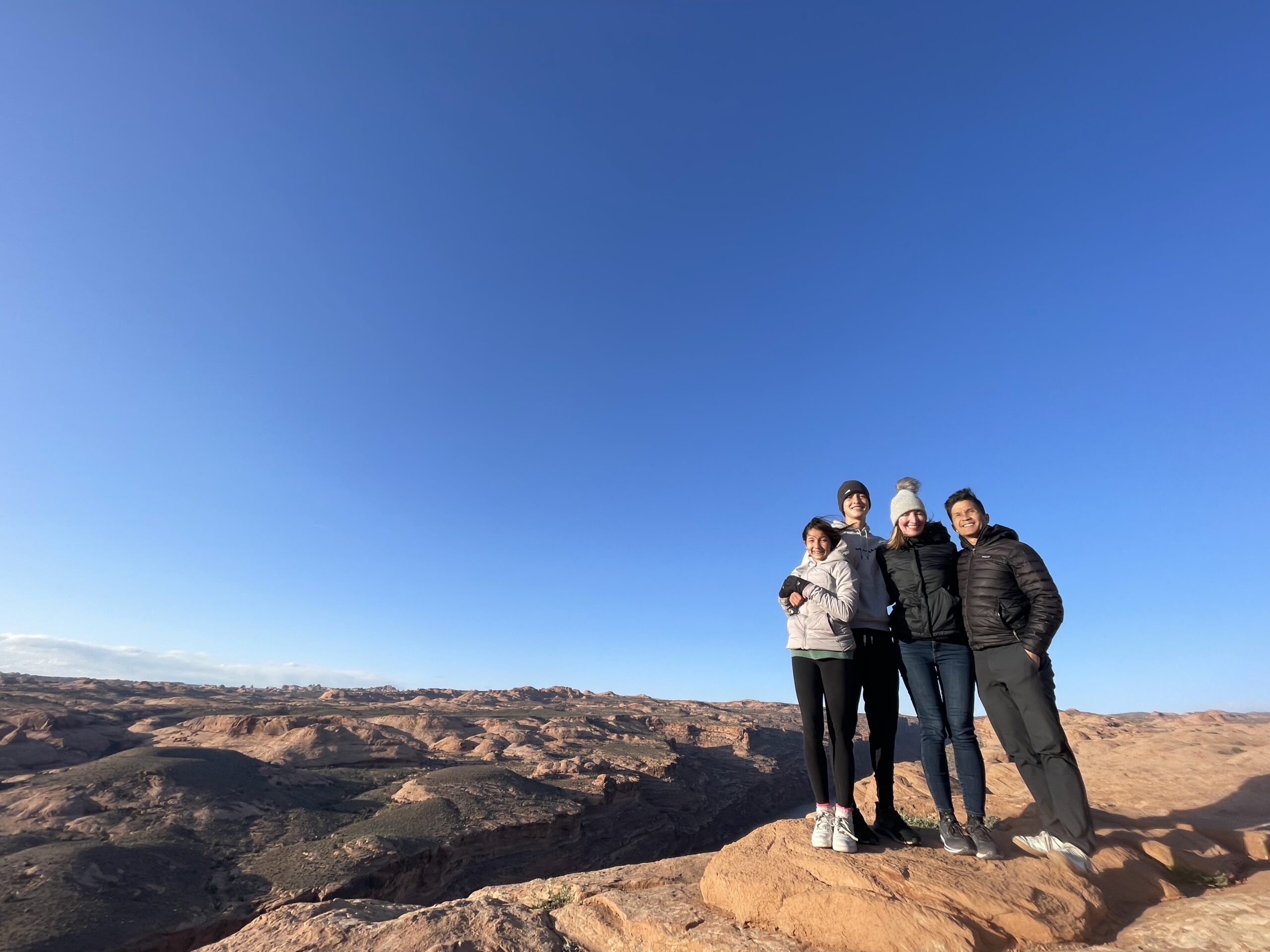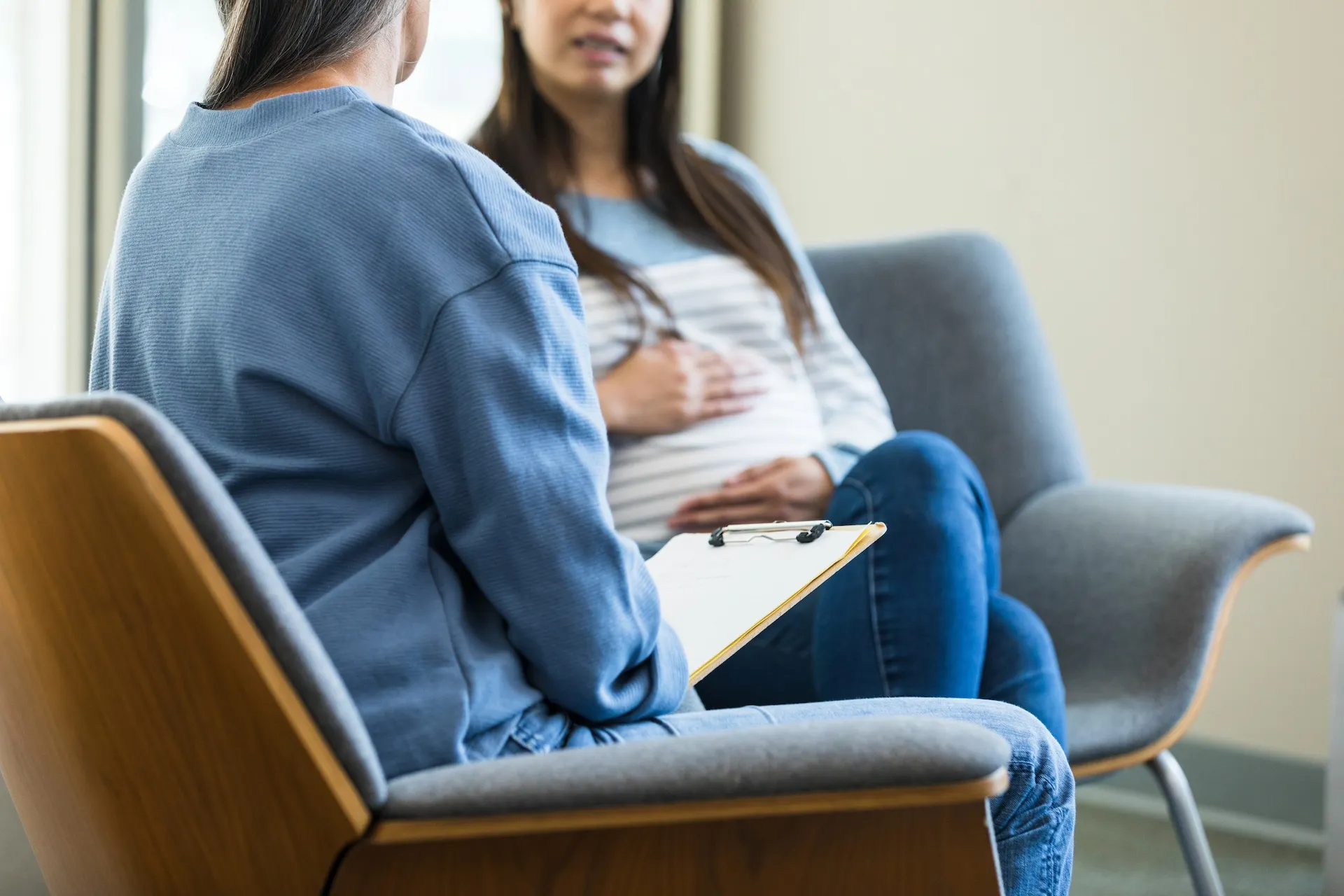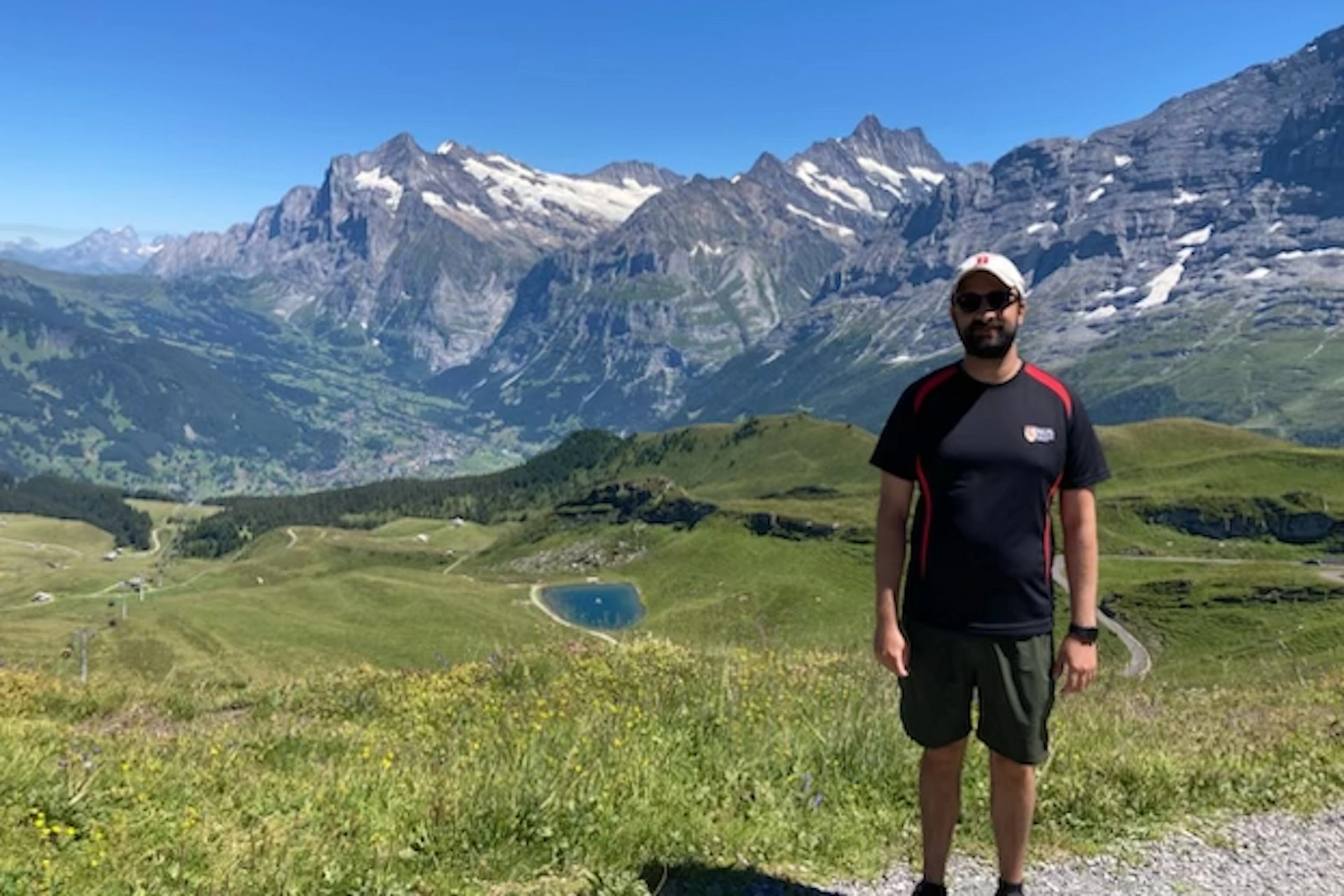Kaiser Permanente researcher knew early on she wanted to build interventions to help patients manage their health
Growing up, Monique Hedderson, PhD, planned to become a doctor. She took pre-med classes at the University of California, San Diego; in her senior year, while studying for medical school exams, she got a job as a research assistant for a randomized clinical trial testing a dietary intervention for breast cancer survivors.

In that job, Hedderson learned research skills — recruiting patients for the clinical trial, helping a dietician run cooking classes for the study’s intervention participants, designing posters for presentation at scientific meetings, cleaning data. Being involved in the project got her so excited about research, Hedderson set her MD plans aside and decided to study epidemiology instead, pursuing a master’s degree in that field at the University of Washington.
Hedderson’s enthusiasm for designing interventions to help patients manage or avoid disease continues years later in her current position as a research scientist with the Kaiser Permanente Division of Research (DOR). She is principal investigator on a project supported by the National Institutes of Health to test a mobile phone app for helping overweight and obese women avoid excess weight gain during pregnancy. And Hedderson is principal investigator of the Northern California study site for the Study of Women’s Health Across the Nation (SWAN), with a focus on hormonal changes and symptoms during the menopause transition and risk of developing diabetes.
Hedderson has recently been promoted to a leadership position at DOR, becoming associate director for the Women’s and Children’s Health research section. She answered our questions about her journey to DOR.
How did you decide to become a researcher?
I was a biology major in college and planned to become a doctor. After I finished my biology undergraduate work I was hired as a research assistant on a multi-site randomized clinical trial, and really enjoyed it. The principal investigator inspired me to consider epidemiology as a career opportunity, and I decided to pursue a master’s in public health.
After graduate school, I was hired as a project manager at the Division of Research. I had heard about Kaiser Permanente Northern California and what a great place it was to do epidemiologic research. So I jumped at the opportunity.

The first study I managed at DOR introduced me to a topic I still study today: gestational diabetes. My dissertation work focused on identifying pre-pregnancy risk factors for gestational diabetes and I worked at DOR while I finished my PhD at University of Washington. Then I started working toward doing my own research.
I am still passionate about working on lifestyle interventions for prevention, dating back to the first study I worked on in college. Gestational diabetes is ripe for lifestyle intervention work. Women with gestational diabetes are at high risk to develop diabetes later in life. I’ve been fortunate to work on studies examining dietary interventions that were successful in preventing diabetes in these types of high-risk populations.
What interests you about interventions to modify patient behavior?
I studied perinatal epidemiology in graduate school and became fascinated by that topic. Pregnancy has been described as a metabolic stress test; your body undergoes so many changes in a short period of time, and if it can’t handle those changes you may be at high risk of health conditions such as gestational diabetes. Pregnancy is also a teachable moment, a time when a lot of women are motivated to make healthy changes out of concern for the health of the baby; it can be an ideal time to conduct lifestyle interventions focused on healthy eating and physical activity.
Over the years I became interested in the role gestational weight gain plays in perinatal complications, and how we might use lifestyle interventions to help women achieve healthy weight gain in pregnancy. I’m leading a study that is evaluating a mobile health intervention to help women manage their weight gain during pregnancy, with wireless scales and Fitbits and an app. We’re really interested to see whether we can leverage technology to help individuals with high-risk pregnancies make healthy lifestyle changes.
What projects are you working on now?
Along with studying various aspects of pregnancy, I’m excited to be a principal investigator for SWAN, a study focusing on the menopause transition. Like pregnancy, menopause is a period of hormonal change for women and we are interested in how those changes impact later health outcomes. I have been studying the role of hot flashes and night sweats in relation to risk of developing diabetes and am finding some interesting associations there.

One of the things I enjoy about working at DOR is the opportunity to develop close partnerships with clinicians, who are often interested in collaborating to study the impact of a particular change in practice. Along those lines, I am looking forward to starting to work on a new delivery science grant with Mara Greenberg, a physician who helps lead KPNC’s Regional Perinatal Service Center. We are studying a new care pathway called Kaiser Permanente Connected Pregnancy Care, which leverages technology provided to pregnant patients at home, including wireless scales, blood pressure monitors and fetal heart rate monitors. We are curious to understand who chooses this care pathway and whether it results in similar pregnancy outcomes as traditional prenatal care.
Mara, Michael Kuzniewicz, and I co-direct the perinatal research unit’s obstetric database, which is a resource that tracks pregnancy outcomes and allows us to identify trends and opportunities for quality improvement at KPNC. That kind of collaboration can be a real win-win for both researchers and clinicians.
What do you hope to accomplish in your new role leading women’s and children’s health?
I am fortunate to have this opportunity to support a very productive and collaborative section.
I hope to foster a collegial, supportive environment for our scientists to continue to strengthen our presence within Kaiser Permanente and our national and international recognition in women’s and children’s health research areas. Our section is particularly well suited to translating and implementing research findings in clinical practice, due to our strong history of collaboration with our clinical partners.
What do you do in your free time?
I love to travel and hike, spending time outside in nature. I have a 15-year-old son and a 13-year-old daughter and love to travel with my family both internationally and locally. My husband and I spend a lot of time watching our kids play sports on the weekends, which takes us all over Northern California.





This Post Has 0 Comments